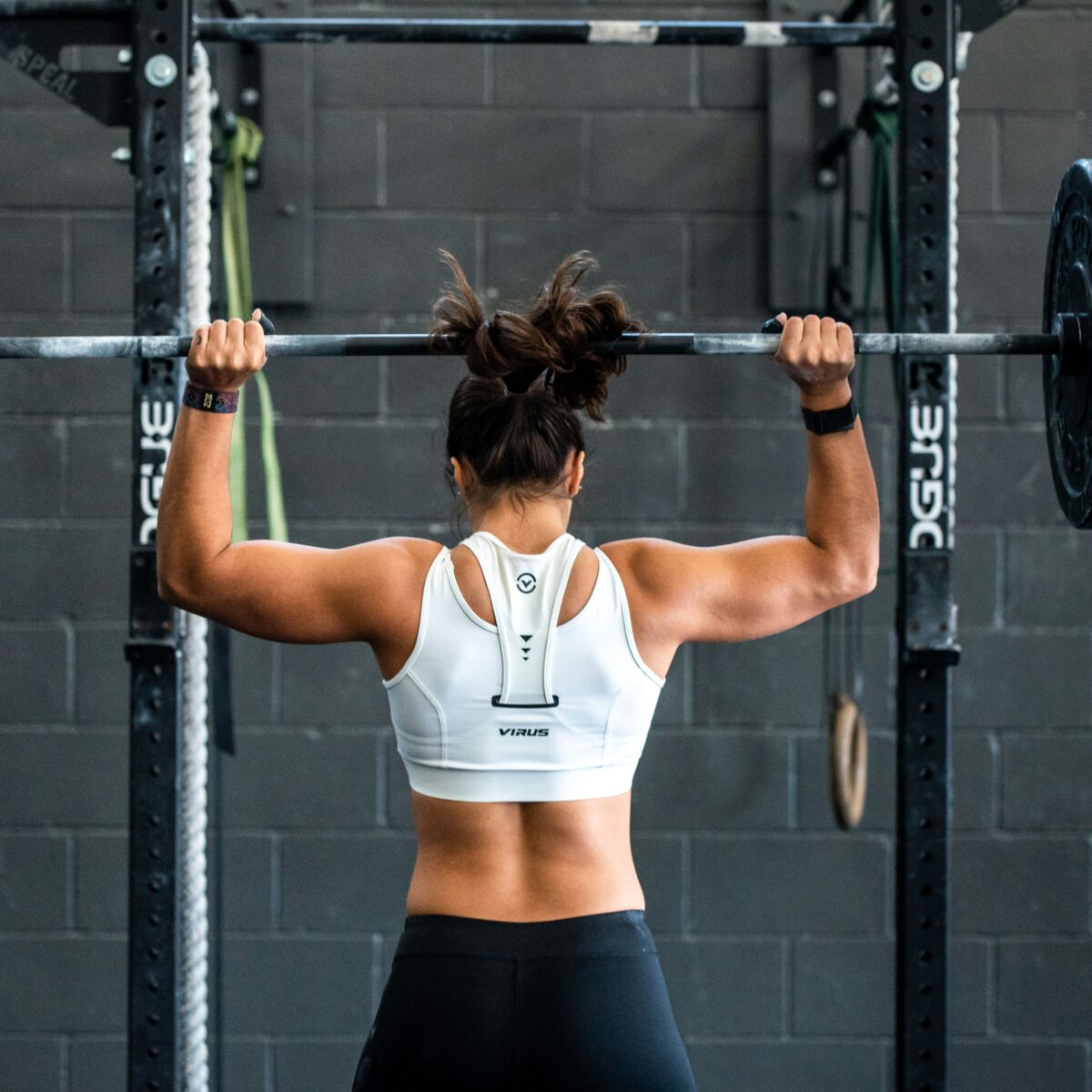Introduction to the Importance of Physical Fitness and Exercise
Welcome to a journey towards better health and wellness! In a world where physical fitness is key to leading a vibrant life, understanding the importance of exercise is paramount. Join us as we explore the profound benefits of regular exercise and delve into how qualitative enquiry can shed light on enhancing our overall well-being. Let’s dive in and discover how small changes in our daily routines can lead to significant improvements in both our physical and mental health.
Are you ready to supercharge your physical fitness journey? Embarking on a qualitative exploration of exercise and its benefits promises to be an enlightening and rewarding experience. Join us as we delve into the world of physical fitness, uncovering the power of movement for both body and mind. Let’s lace up our sneakers and get started!
The Physical and Mental Benefits of Regular Exercise
Regular exercise not only benefits our physical health but also has a significant impact on our mental well-being. When we engage in physical activities, our bodies release endorphins, often referred to as the “feel-good” hormones. These chemicals interact with receptors in our brain, reducing pain perception and triggering positive feelings.
Moreover, consistent workouts can improve our sleep quality by helping us fall asleep faster and enjoy deeper restorative sleep cycles. This leads to better cognitive function and emotional regulation throughout the day. Exercise is also known to reduce symptoms of anxiety and depression by promoting neural growth and reducing inflammation in the brain.
In addition to enhancing mood, regular physical activity can boost self-esteem and confidence levels as we achieve fitness goals and witness improvements in strength, endurance, or flexibility. The sense of accomplishment from pushing ourselves physically translates into increased resilience mentally.
Incorporating exercise into our routine contributes not only to a healthier body but also fosters a sharper mind and a more balanced emotional state.
Understanding Qualitative Enquiry and its Role in Studying Physical Fitness
Understanding Qualitative Enquiry is essential for delving deeper into the subjective experiences and perspectives related to physical fitness. It goes beyond numbers and statistics, focusing on the qualitative aspects of individuals’ behaviors, motivations, and challenges when it comes to exercise.
Qualitative research allows researchers to explore complex issues surrounding physical fitness by gathering rich data through in-depth interviews, observations, or focus groups. This approach helps uncover underlying factors influencing people’s attitudes towards exercise and their willingness to maintain a regular routine.
By studying participants’ narratives and stories, qualitative enquiry provides valuable insights into how individuals perceive physical activity, barriers they face, as well as strategies that help them stay motivated. Researchers can gain a holistic understanding of the emotional, social, and psychological aspects that influence one’s engagement with fitness activities.
Incorporating qualitative methods in studying physical fitness offers a nuanced perspective that complements quantitative data. It enables researchers to capture the intricacies of human behavior and emotions concerning exercise practices effectively.
Tips for Incorporating Exercise into Your Daily Routine
Are you struggling to find time for exercise in your busy schedule? Incorporating physical activity into your daily routine doesn’t have to be complicated or time-consuming. Here are some simple tips to help you stay active:
Start small by setting achievable goals. Whether it’s taking a short walk during your lunch break or doing a quick workout at home, every little bit counts.
Find activities that you enjoy. If you love dancing, sign up for a dance class. If nature is more your thing, go for a hike or bike ride.
Make use of technology by tracking your progress with fitness apps or setting reminders on your phone to move throughout the day.
Get creative with fitting in exercise – take the stairs instead of the elevator, park farther away from your destination, or do squats while brushing your teeth.
Remember that consistency is key. Schedule regular workout sessions just like any other important appointment and prioritize your health and well-being.
Overcoming Barriers to Physical Fitness: Challenges and Solutions
One common barrier to physical fitness is lack of time. With busy schedules and numerous responsibilities, finding time to exercise can be challenging. However, making small changes like waking up earlier or incorporating short workouts throughout the day can help overcome this obstacle.
Another challenge is motivation. It’s easy to feel demotivated, especially when results are not immediate. Setting realistic goals, tracking progress, and finding a workout buddy can boost motivation levels significantly.
Financial constraints may also hinder access to gym memberships or specialized equipment. Luckily, there are plenty of affordable or free ways to stay active such as walking, jogging, or utilizing online workout videos.
Injuries and health conditions can be significant barriers as well. Consulting with a healthcare professional for tailored exercise recommendations and modifications is crucial in safely overcoming these obstacles.
By identifying the barriers that stand in the way of physical fitness and implementing practical solutions, individuals can take proactive steps towards a healthier lifestyle without feeling overwhelmed by challenges.
Conclusion: How Qualitative Enquiry Can Help Improve Our Health and Wellness
Qualitative enquiry plays a crucial role in understanding the complexities of physical fitness and exercise. By delving deep into individuals’ experiences, perspectives, and attitudes towards their health routines, researchers can uncover valuable insights that quantitative data alone may not capture.
By utilizing qualitative enquiry, we can gain valuable insights into the factors that influence physical fitness and exercise behaviors. Through in-depth interviews, observations, and analysis of personal experiences, researchers can better understand individual perspectives on health and wellness.
Qualitative research allows us to explore the complexities of human behavior and motivations when it comes to maintaining a healthy lifestyle. By uncovering these insights, we can develop more targeted interventions and strategies to promote physical activity and improve overall well-being.
Integrating qualitative enquiry into our study of physical fitness not only enhances our understanding but also paves the way for more personalized approaches to health promotion. By embracing this methodology, we can work towards a healthier future for ourselves and those around us.
Through qualitative research methods such as interviews, focus groups, and observations, we can gain a more holistic understanding of how people engage with physical activity. This knowledge can then be used to tailor interventions and programs that are better suited to individual needs and preferences.
By embracing qualitative enquiry in the realm of health and wellness, we have the opportunity to enhance our strategies for promoting physical fitness and exercise. Let’s continue exploring new ways to harness the power of qualitative research to foster healthier lifestyles for all.





